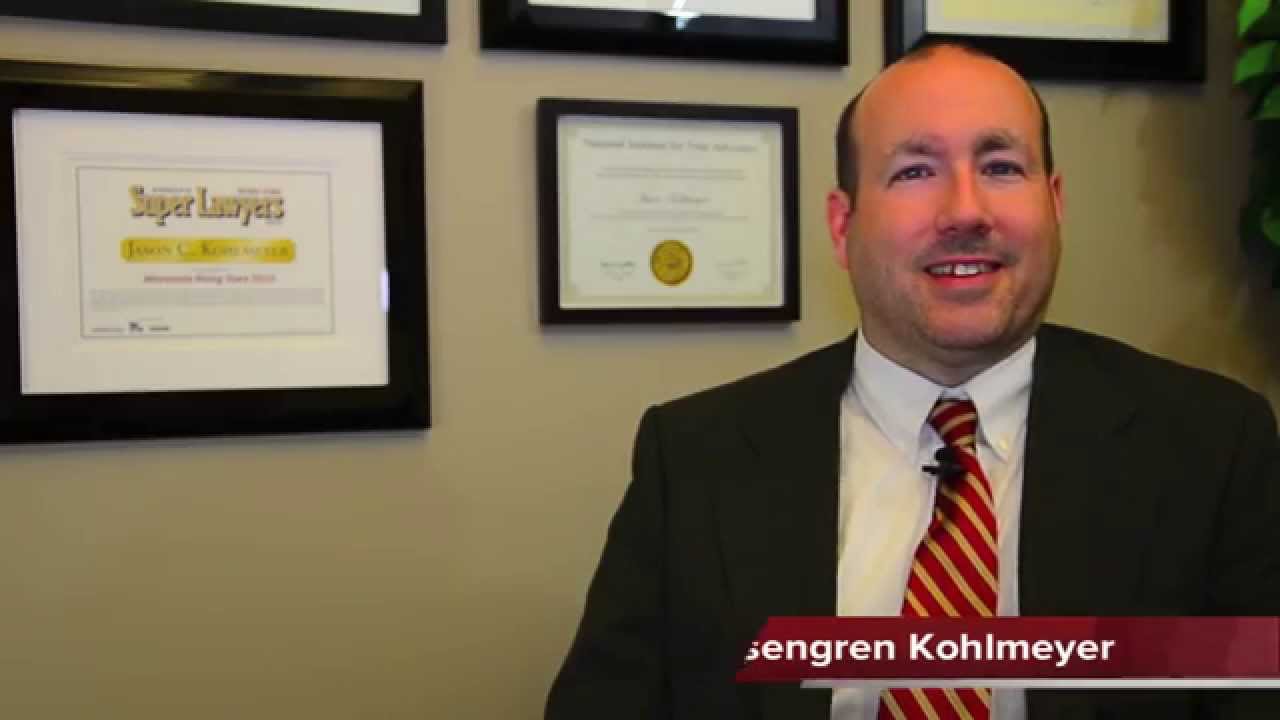Iowa Court Allows Paternity Fraud Action
The Supreme Court of Iowa, in a recent decision, decided it would allow a man to sue his former girlfriend for paternity fraud. The man’s lawsuit was based on allegations that the former girlfriend intentionally told the man he was the father of a child despite knowing that this wasn’t true. Because of this, the “father” argues, he voluntarily spent money on the child’s support, which he claims he wouldn’t have done had he known the child wasn’t his. All of this apparently came to light when the man filed an application seeking custody of the child and the former girlfriend, afraid the application would succeed, requested a paternity test. After two paternity tests excluded the man from being the father of the child, he sued the former girlfriend, seeking return of the money he had paid for the child’s support plus other damages.
It’s worth noting that at this stage, the court hasn’t decided whether the “father” has won or lost on his claim; all it is deciding is that it’s a valid claim and that he can proceed. Additionally, there are a couple of factual points that were crucial to the court’s decision and which might have led to a different result if they weren’t present. These include:
- The man had made the support payments in question voluntarily, not by court order. Iowa law prohibits people from recovering money that they have already paid pursuant to a court-ordered support order. If the “father” here had made the payments after being ordered to do so, he couldn’t sue the former girlfriend seeking return of those payments.
- The child here was 3 years old. The Iowa court acknowledged the fact that allowing this fraud claim could effectively send the child a message of “I wish you had never been born!” This time, though, the child was only 3 years old (unlike a Nebraska case that involved a 15-year-old, in which the Nebraska court decided not to allow the lawsuit to proceed), and the court found that the action wouldn’t cause any additional stress to the child.
After sizing up the cons of allowing the lawsuit, like potential harm to the child and the negative impact on family harmony this could mean for future cases, the court noted that there was an important positive benefit of allowing the lawsuit, that of deterring lying regarding the paternity of children (which, we stress, it hasn’t been decided happened in this case).
Finally, how does this affect us over here in Minnesota? Minnesota courts have already allowed at least one similar claim back in 1999. However, there don’t appear to have been many similar Minnesota cases since then, and having another state join the ranks of jurisdictions which allow paternity fraud claims could provide greater support for this type of claim in Minnesota in the future.
Information obtained in mankatofamilylaw.com may contain knowledgable content about Minnesota Family Law that may be considered beneficial to some; however, in no way should this website or its contents be considered legal advice. Mr. Kohlmeyer is a Minnesota licensed Attorney and cannot provide legal services or guidance to those outside of Minnesota. If you wish to retain Mr. Kohlmeyer as your Attorney in your Family Law matter, contact 507-205-9736.


